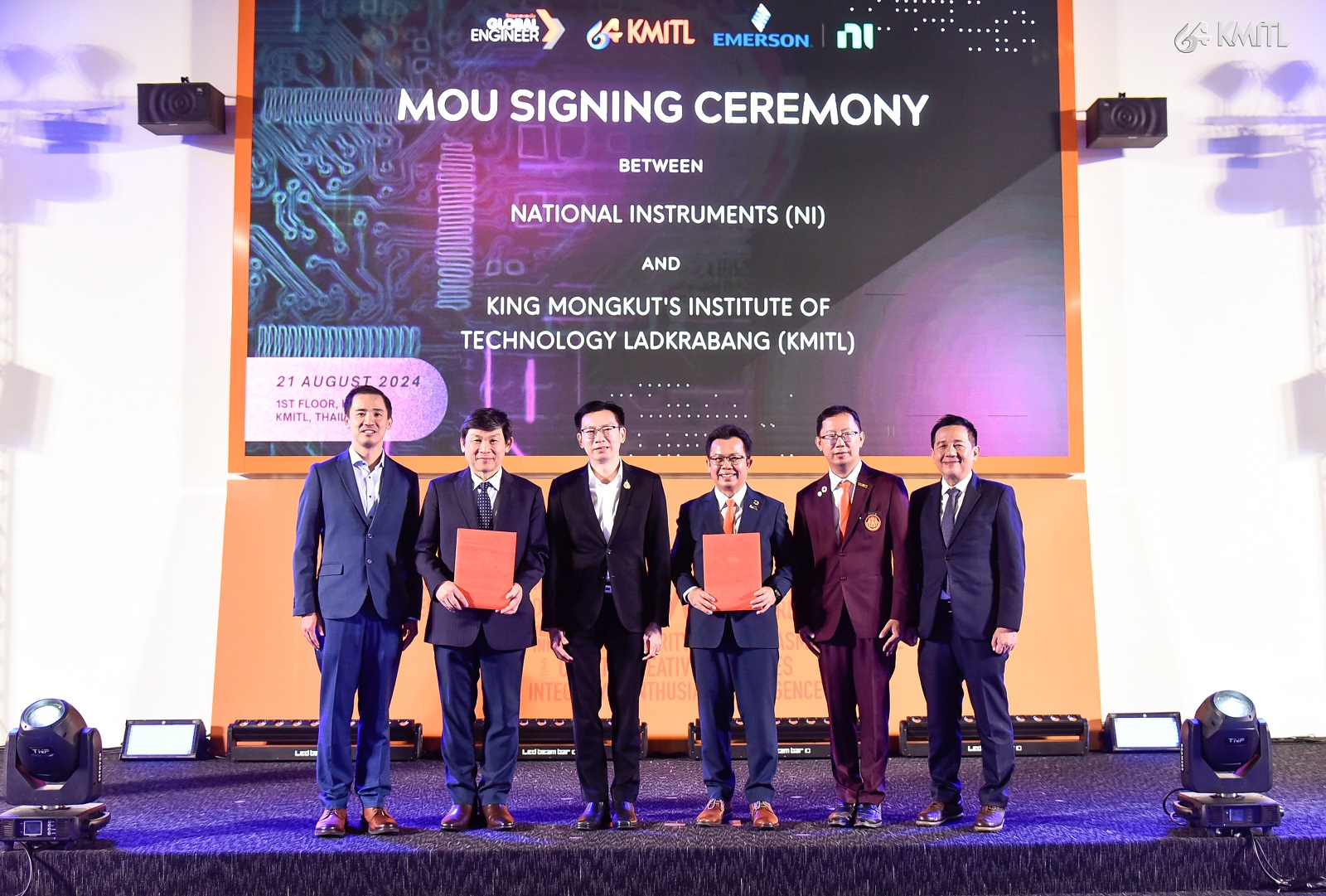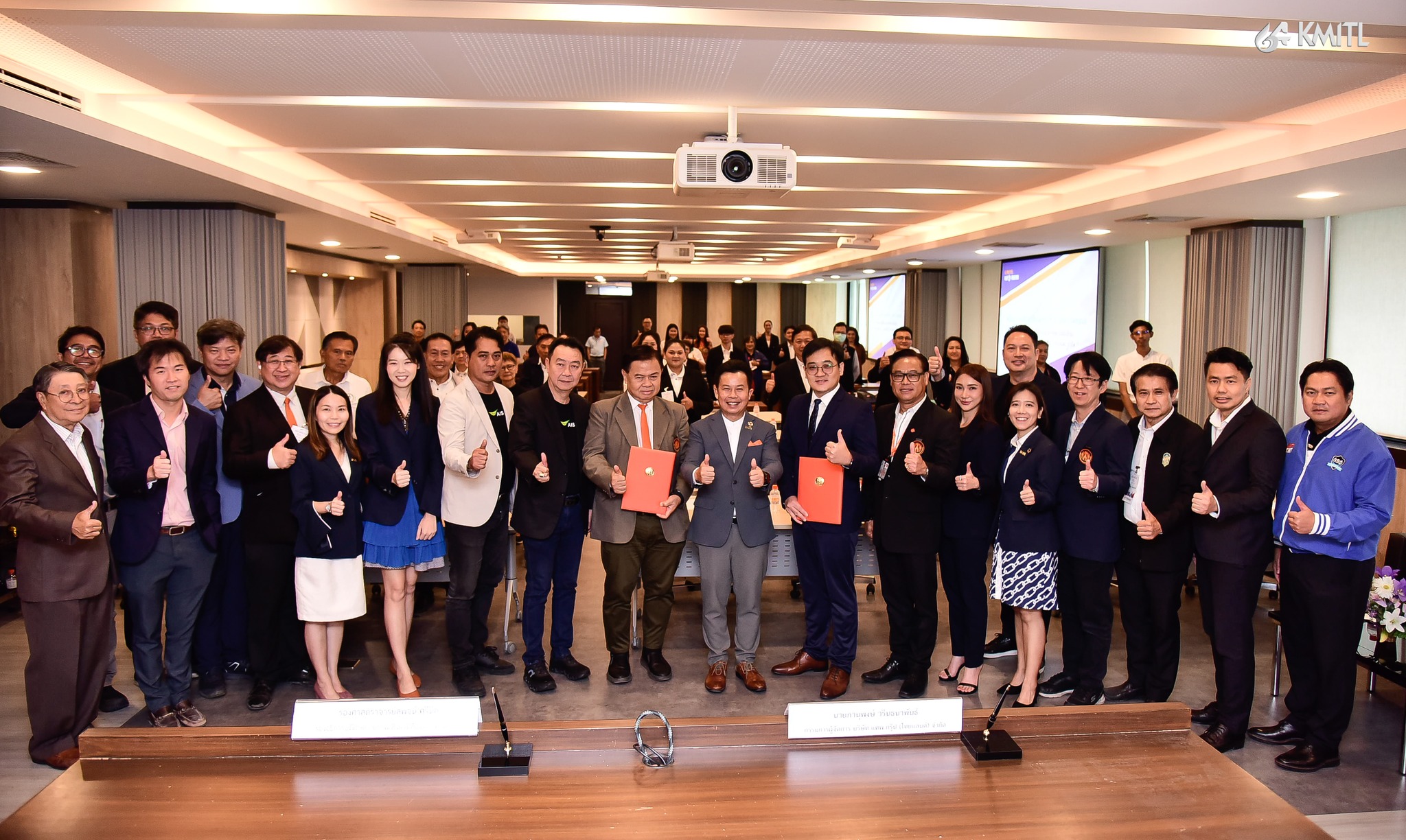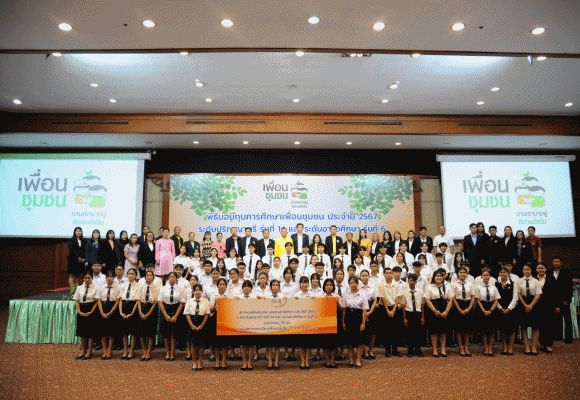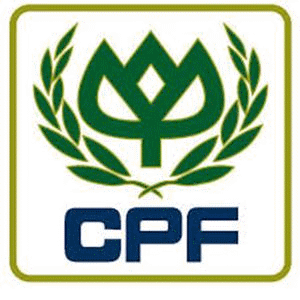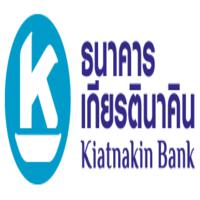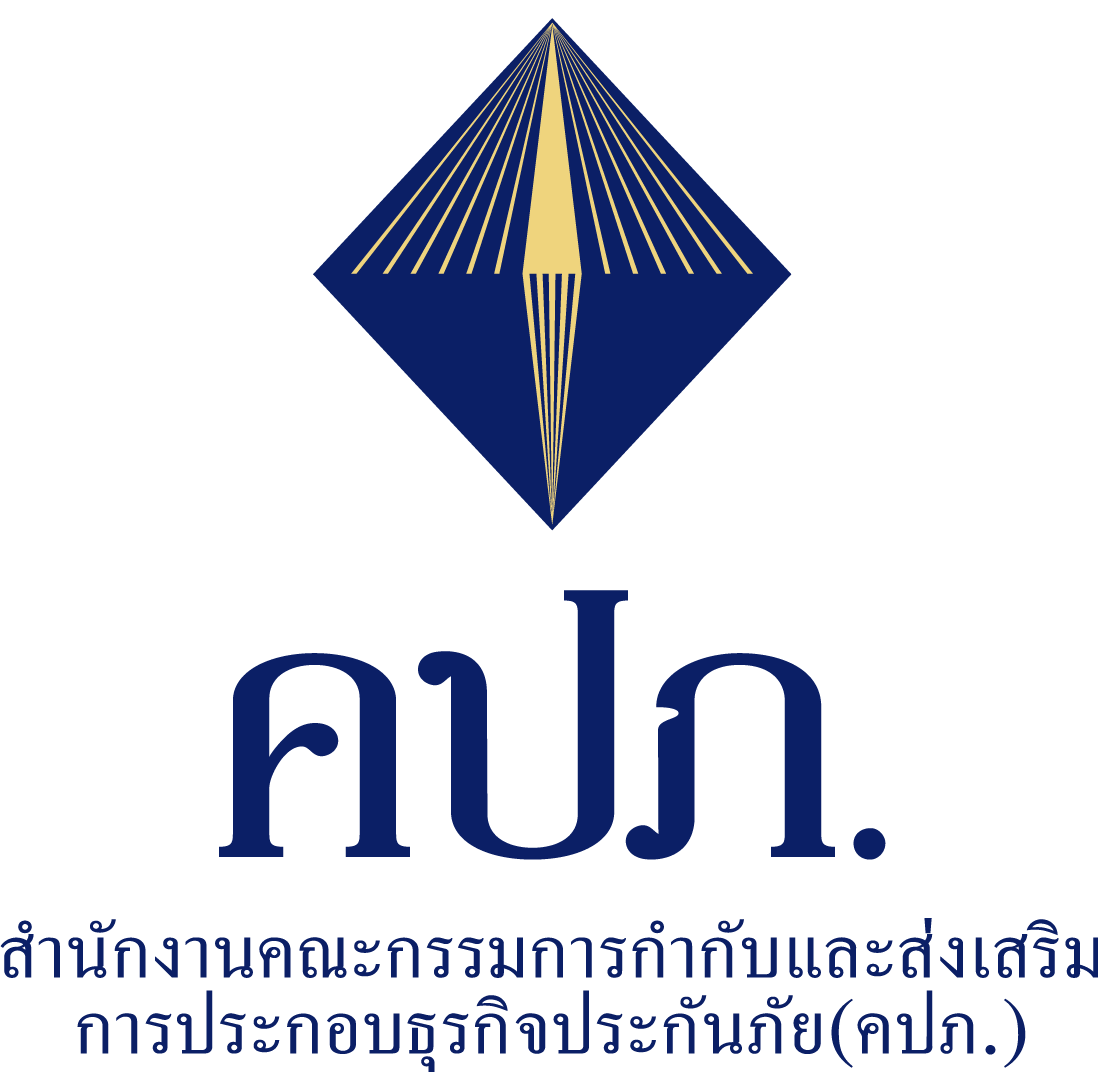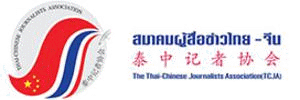- Details
- Category: world articles
- Published: Wednesday, 08 December 2021 08:12
- Hits: 8965
Pandemic protection investment must be maintained against ‘the next COVID’
A leading scientist in the fight against COVID-19 has issued a rallying cry for investment and support against a potentially more deadly and economically devastating pandemic to come.
Professor Dame Sarah Roberts – a co-creator of the Oxford-AstraZeneca coronavirus vaccine – even suggested that nations should rank health security alongside their defence and intelligence budgets.
Her words at last night’s (Monday 6 December) 44th Richard Dimbleby Lecture, struck a chord with many who have championed greater investment in healthcare and pandemic protection and preparedness, citing huge strides made since the COVID-19 outbreak.

Caption: Pandemic protection investment must be maintained against ‘the next COVID’
Philips’ healthcare division, for instance, believes a decade of normal healthcare progress was made in just three months early in the pandemic.
But Dame Sarah warned that a future pandemic could be more contagious and lethal than COVID-19 and the world should not be complacent; the research pace that made earlier delivery of vaccines and other anti-virus measures must be maintained:
“We cannot allow a situation where we have gone through all we have gone through, and then find that the enormous economic losses we have sustained mean that there is still no funding for pandemic preparedness. The advances we have made, and the knowledge we have gained, must not be lost.” sec
She used the lecture to highlight the launch of a UK project to create a 100-day vaccine strategy against future pandemics; it is hunting £3.5 billion of investment to enable pre-prepared vaccines and grow manufacturing capacity.
It aims to develop 100 prototype vaccines for the 25 viral families known to infect humans, so that any new virus with pandemic potential could be met with a bespoke vaccine within 100 days.
Dame Sarah’s comments could not be timelier as COVID’s global death toll passes 5.25 million and case numbers reach 266 million, while the new omicron variant surges in numbers and global spread. As she observed: “This pandemic is not done with us.”
Paul Sheedy, Co-founder of the World Nano Foundation – a not-for-profit organisation for commercialising nanoscale innovation – said: “It’s a rallying cry that governments and the investor community needed to hear, and from an eminent and well qualified source.
“We have made so much progress, not only in fighting this pandemic, but others potentially lurking in the shadows, and we cannot afford to now sit back and allow pandemic protection and preparedness or overall healthcare to shrink back to pre-COVID levels of research and investment.
“Over 220 pathogens have emerged in the past 100 years with the potential to impact global healthcare, so we need universal vaccines and therapeutic solutions to stop these viruses finding hosts in the first place.”
This was echoed by Paul Stannard, Chairman of the innovative Luxembourg-based Vector Innovation Fund (VIF), which specialises in identifying and attracting investment into promising healthcare technology.
VIF launched with a Pandemic Protection Sub-Fund as well as a Future Healthcare Sub-Fund and Stannard said:
“We are seeing transformational innovations using nanomedicines as well as computational AI drug delivery.
“These can not only protect us from current and future COVID strains, but deliver a better future for life sciences and move to a more de-centralised point-of-care health model using precision medicines and early intervention diagnostics.
“We are staggered by the speed of innovation coming through our investment pipeline, and this can create much safer and fairer distribution of healthcare, while delivering a more sustainable and economical global health model.”
For further information contact [email protected]
More about Sarah Gilbert is the Saïd Professor of Vaccinology in the Nuffield Department of Medicine at the University of Oxford. She has worked on vaccines for influenza, Nipah, MERS, Lassa, Crimean-Congo haemorrhagic fever, and initiated the 2020 SARS-CoV-2 vaccine. This is now used in 170-plus countries after a ground-breaking partnership was formed between Oxford University and AstraZeneca.
Vector Innovation Fund (VIF) is a Luxembourg-based Reserved Alternative Investment Fund (RAIF) specialising in support for technology companies, notably in global healthcare, enabling technology, sustainability, and longevity aligned to the UN's SDG principles.
The fund is open only to international accredited and professional investors, such as family offices, UHNW, private placement investors, pension funds, international banks, ESG investors and sovereign wealth funds.
The General Partners have an excellent track record in industry, healthcare, technology, and investment, with 21 exits and a total value creation of $2.4billion, including two successful IPOs.
The World Nano Foundation is a not-for-profit membership organisation with 75,000 subscribers and users in 40 countries working on international commercialisation of nanoscale technologies in 16 industry sectors and collaborates with a wide variety of partners, maximising support and funding and bringing advanced technology to the world and commerce. This is supported by many industries and academic groups developing and creating a legacy for enabling technology innovation.
If you would rather not receive future communications from World Nano Foundation, let us know by clicking here.
World Nano Foundation, King Arthur's Court Maidstone, Charing, Ashford/Kent TN27 0JS United Kingdom

















